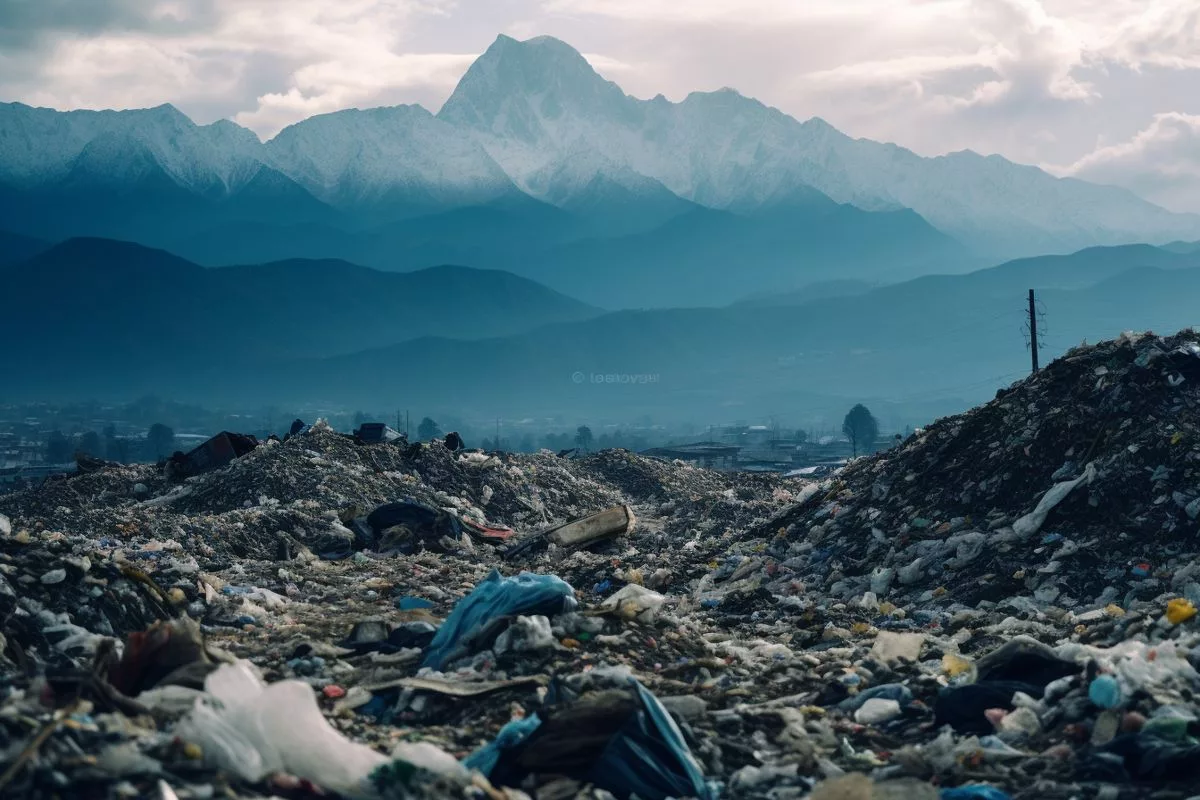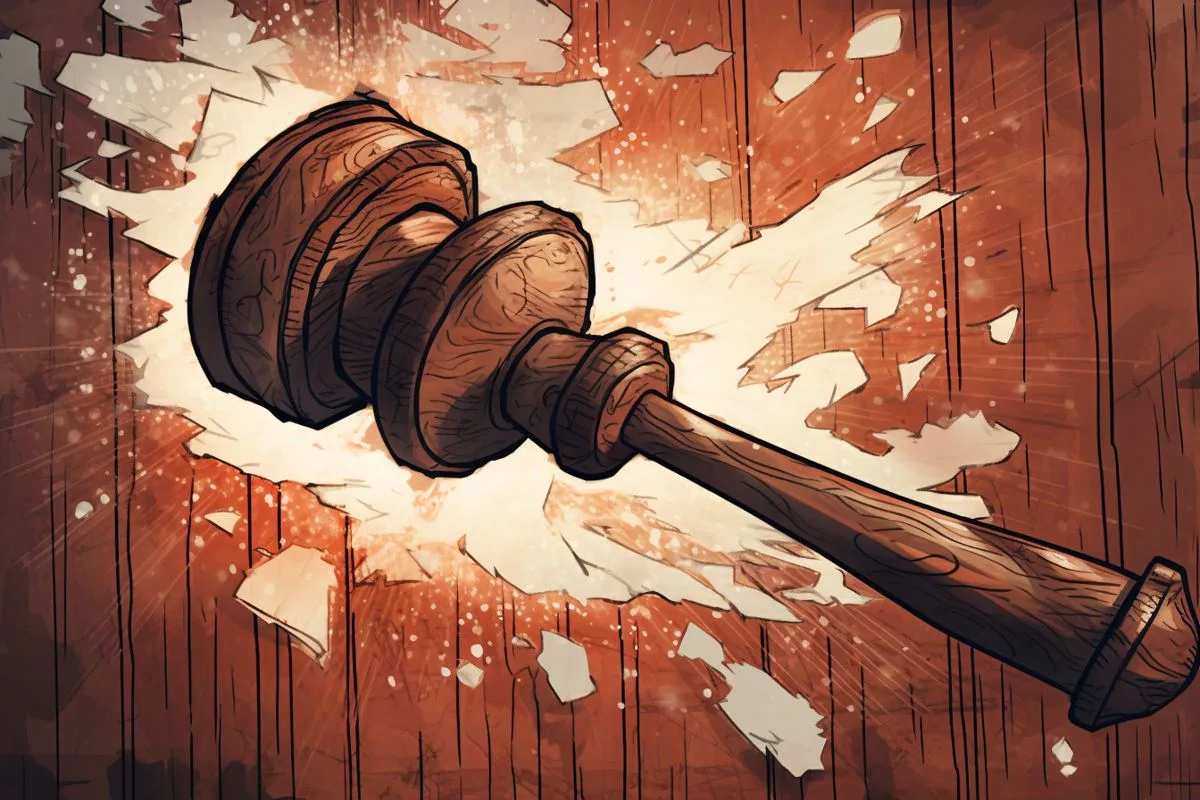South Africa is taking impressive steps to combat plastic pollution, led by Minister Barbara Creecy. Their comprehensive plan includes improved waste management, extended producer responsibility schemes, and increased public awareness. South Africa has already achieved significant progress, including the establishment of five registered extended producer schemes, removing over 368,000 tons of plastic waste, and supporting thousands of waste reclaimers. The upcoming INC-3 conference in Nairobi will provide a platform for wider discussions on mandatory measures to combat plastic pollution.
How is South Africa combating plastic pollution?
Led by Minister of Forestry, Fisheries, and the Environment Barbara Creecy, South Africa has embarked on a comprehensive plan to tackle plastic pollution. The plan includes enhancing waste management services, implementing extended producer responsibility schemes, and increasing public awareness. The country has made remarkable progress, establishing five registered extended producer schemes, removing 368,600 tons of plastic waste, and supporting 60,000 to 90,000 waste reclaimers. South Africa’s efforts will be further discussed in the upcoming INC-3 conference in Nairobi.
As the global community faces the escalating crisis of plastic pollution, South Africa is actively taking measures to confront this urgent problem. Led by Minister of Forestry, Fisheries, and the Environment Barbara Creecy, the South African government is tirelessly working on both national and international fronts to mitigate the risks associated with plastic waste.
A Collaborative Approach: The National Stakeholder Consultation Session
In a recent National Stakeholder Consultation Session, Minister Creecy highlighted the necessity for cooperation among all sectors of society in shaping South Africa’s negotiation stance at the forthcoming third session of the Intergovernmental Negotiating Committee (INC-3). The goal of INC-3 is to establish an international legally binding agreement addressing plastic pollution, with the conference taking place in Nairobi, Kenya.
South Africa’s Pledge: Commitment to Addressing Plastic Pollution
During the Fifth Session of the United Nations Environment Assembly, South Africa acknowledged the considerable danger that plastic pollution poses to human well-being and ecosystems. Consequently, the government has embarked on a comprehensive plan to tackle this issue, in alignment with the National Waste Management Strategy of 2020. This plan encompasses three primary components:
- Enhancing municipal waste management services to prevent plastic waste from entering the environment.
- Implementing extended producer responsibility schemes to promote the collection, reuse, and recycling of plastic waste, and fostering a circular economy in the plastics sector.
- Increasing public awareness of plastic pollution through clean-up drives and educational programs.
Concrete Steps: Achievements in Combating Plastic Pollution
Since adopting these strategies, South Africa has made remarkable progress in addressing plastic pollution. Over the past two years, the country has established five registered extended producer schemes concentrating on plastic waste collection and recycling, removed 368,600 tons of plastic waste from the environment, and supported an estimated 60,000 to 90,000 waste reclaimers. Moreover, numerous retail and fast-food establishments have replaced single-use plastics with eco-friendly alternatives, and new regulations now mandate the necessary recyclate content in plastic and black bags.
Addressing Challenges: Upholding Principles and Reality Checks
Despite these accomplishments, South Africa recognizes the need to do more to fight plastic pollution, particularly in light of two essential realities:
- The country’s extensive plastics industry supports around 60,000 formal jobs, necessitating consultations with both the plastics sector and organized labor.
- As a developing nation, South Africa must adhere to the Rio principle of Common but Differentiated Responsibilities (CBDR), as detailed in the founding UNEA 5/14 decision.
To steer future discussions on combating plastic pollution, Minister Creecy outlined several crucial principles:
- Decisions must be rooted in the most reliable scientific data available.
- Open and transparent sharing of information regarding chemicals used in plastic production is essential.
- The new international legally binding agreement will likely require new domestic regulatory controls.
- Ambitious actions to reduce plastic pollution must be accompanied by equally ambitious means of implementation, such as financial mechanisms that ensure consistent and adequate resources to support efforts in developing countries.
INC-3: A Forum for Wider Dialogues
The upcoming INC-3 conference in Nairobi will act as a crucial forum for discussing the various mandatory measures proposed to combat plastic pollution. By participating in productive conversations and exchanging ideas, South Africa aims to make a meaningful contribution to the worldwide effort towards a fair and equitable transition to a future devoid of plastic pollution.
Minister Creecy’s emphasis on collaboration, transparency, and ambition underscores the importance of a unified approach in addressing plastic pollution. As South Africa continues to evolve and refine its strategies to safeguard human health and the environment, the nation serves as a testament to the power of collective action in tackling one of the most critical challenges of our era.
1. Who is leading South Africa’s efforts to combat plastic pollution?
Minister of Forestry, Fisheries, and the Environment Barbara Creecy is leading South Africa’s efforts to combat plastic pollution.
2. What is South Africa’s comprehensive plan to tackle plastic pollution?
South Africa’s plan to tackle plastic pollution includes enhancing waste management services, implementing extended producer responsibility schemes, and increasing public awareness.
3. What progress has South Africa made in addressing plastic pollution?
South Africa has established five registered extended producer schemes, removed 368,600 tons of plastic waste from the environment, and supported an estimated 60,000 to 90,000 waste reclaimers.
4. How is South Africa increasing public awareness of plastic pollution?
South Africa is increasing public awareness of plastic pollution through clean-up drives and educational programs.
5. How is the plastics industry impacting South Africa’s efforts to combat plastic pollution?
The extensive plastics industry in South Africa supports around 60,000 formal jobs, necessitating consultations with both the plastics sector and organized labor.
6. What principles is Minister Creecy emphasizing for future discussions on combating plastic pollution?
Minister Creecy is emphasizing the importance of decisions rooted in reliable scientific data, open and transparent sharing of information regarding chemicals used in plastic production, the need for new domestic regulatory controls, and ambitious means of implementation.
7. What is the upcoming INC-3 conference, and what role will South Africa play in it?
The upcoming INC-3 conference in Nairobi is a forum for wider dialogues on mandatory measures proposed to combat plastic pollution. South Africa aims to make a meaningful contribution to the worldwide effort towards a fair and equitable transition to a future devoid of plastic pollution.
8. What is South Africa’s pledge in addressing plastic pollution?
South Africa has pledged to enhance municipal waste management services, implement extended producer responsibility schemes, and increase public awareness of plastic pollution.








